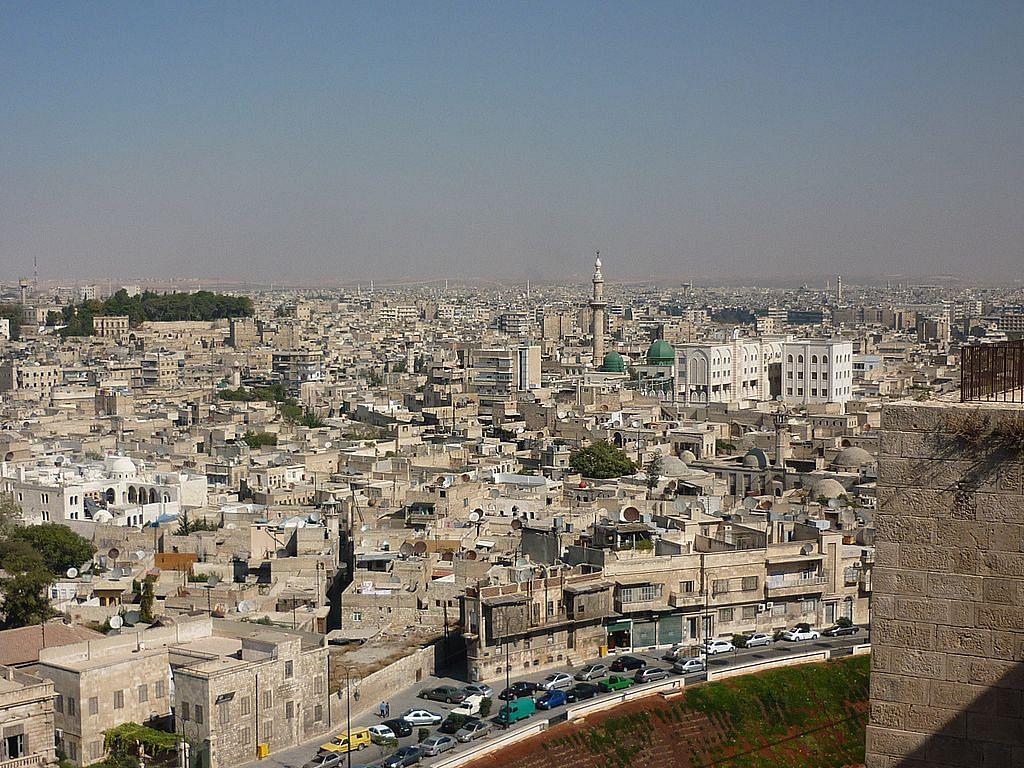
Bad news holds currency, subsuming whatever little good that lies littered around. That has been the way of life, lately. Had I not read hugely popular nook ‘Factfulness’ by noted statistician Hans Rosling who stressed that one must strive to get the good things out in the public, it wouldn’t have occurred to me to revisit the momentous weeks I had spent in Aleppo, before this historic oldest inhabited city was devastated beyond recognition in the unending war since 2012 in Syria —the citadel of civilization.
Aleppo’s largest covered market, Al-Madina Souq, with its almost 13-km long and narrow alleys could belittle any modern shopping mall for the diversity of merchandise on offer, from luxury goods to raw silk, and from spices to carpets. The market also housed the heritage-tagged public bath, Hammam al-Nahhasin, as much known for its intricate wooden interiors of the Ottoman era as the exquisite modern facilities on offer to the bathers, both men and women.
My sweet memories of the city are embodied in the miniature but a perfect replica of The Lady Ninkharsag on my desk. That piece of memorabilia was sold to me as the Goddess of Prosperity, which I later learnt was better known as the Goddess of Irrigation. Does irrigation in a dry region not lead to prosperity?
Not only the city but the women of Aleppo were breathtaking. Considered a deeply religious and conservative country, in contrast, its women were as comfortably shrouded in a burqa as snugly unveiled in western outfits.
For me, a crude cultural was the ease with which I found women negotiating the purchase of lingerie from male salespersons in a deeply conservative state.
Were the Middle East women more liberated then we had ever thought or were they at ease in celebrating their lives in private? Much later I found answer, in the research by two London-based Arab women, Rana Salam and Malu Halasa, who revealed that it was an all-men fledgeling industry that gave the over-the-top lingerie choice to women both as a tool for sexual expression and as a desperate defence against straying husbands.
There was more to learn from the Syrian way of life. For just ten local pounds, one could buy a pack of pre-cooked rotis at any grocery shop. My impression that such gesture by the state may have been towards the poor was shattered when my host had served the same roti in my farewell dinner, telling me with pride that the state was compassionate towards it people—ensuring equity in food security through cooked food and not raw grains.
It is hard to fathom how the world could transform such good news upside down, and persist with it.